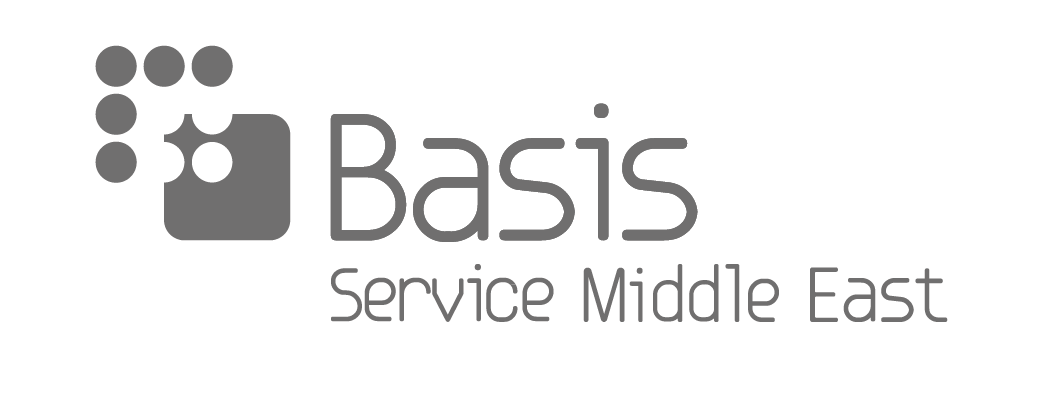In this article, we focus on the reasons behind the growing interest in business internationalization in the Middle East and we explore how to seize the most promising opportunities.
The MENA region area has been showing increasing signs of development and growth in recent years. The region’s potential in the economic field, due to its natural resources and young population, makes it an attractive prospect that can be taken into account when evaluating possible business expansions.
Middle East Business: the trends driving opportunities in the MENA Region
The Middle East, and particularly Dubai, is a very interesting market today offering several reasons why businesses are attracted to this area. It continues to demonstrate promising signs of development and sustained growth.
This can be attributed to several factors, including:
- a strong development and sustained economic growth rate. The GDP growth in 2022 (5.2%) and 2023 (4.6%)
- Economic diversification efforts
- Young and tech-savvy population
- Strategic geographical location
- Significant investments in infrastructure and technology.
All these elements combine to create a favorable environment for businesses and investors looking to expand their operations.
Let’s dive deeper into some key elements of business internationalization in Middle East advantages and opportunities.
The Middle East region is economically diverse
It’s important to note that while the oil business significantly impacts the economy, some countries in the Middle East region have a highly diverse economy and offer opportunities in areas such as energy, technology and logistics, among others.
This diversity presents a wide array of opportunities for businesses and investors.
According to the International Monetary Fund (IMF), there is considerable economic and financial diversity among these countries, with several sharing similar structural economic characteristics. This can be attributed to the rich natural resources, labor, and entrepreneurial endowments found within the region.
The Organisation for Economic Co-operation and Development (OECD) also highlights the economic and political transformations that have affected the Middle East, and notes its potential for more and better growth.
Middle East is a strategic location
The Middle East’s strategic location does indeed serve as a bridge between the East and West, making it a prime hub for international trade. Its position at the crossroads of Africa, Asia, and Europe, along with its well-developed infrastructure, facilitates the movement of goods and services.
The region is home to important global shipping routes like the Suez Canal and the Strait of Hormuz, which are crucial for maritime trade, especially oil.
Moreover, cities like Dubai and Tel Aviv have established themselves as centers for innovation and entrepreneurship, attracting businesses and investors from around the world. This is supported by proactive government policies and initiatives that encourage economic growth and development.
Fiscal advantages for investors
The Middle East offers a variety of fiscal advantages for investors, such as the absence of corporate taxes for certain types of companies that make it an attractive destination for investors who want to boost the process of internationalization towards Middle East.
One of the primary incentives is tax benefits, which can significantly stimulate investment and enhance their profitability.
Certain types of companies may be exempt from corporate taxes in such areas designated as special economic or free zones, where businesses can operate with reduced or zero taxation. The United Arab Emirates (UAE), for example, offers tax-free zones which allow companies to benefit substantially.
In addition to tax benefits, many countries in the region offer a range of financial incentives that can significantly reduce the initial capital required for setting up operations, thereby making investments more feasible and attractive. These incentives can include provision of land and other resources at subsidized rates or even at no cost.
Opened to innovative technologies
The Middle East region is increasingly being recognized as a potential leader in the realm of innovation, particularly in the adoption of carbon-free technologies and sustainable business models. This means that the region is not only open to these innovative technologies but also actively pursuing them as part of its growth strategy.
Lastly, the green investment sector in the region holds immense potential. An analysis found that green investments in key industries within the Gulf Cooperation Council (GCC) could unlock up to US$2 trillion in cumulative GDP by 2030.
Several factors contribute to this potential:
- Investment in Renewable Energy: many countries in the Middle East region are investing heavily in renewable energy sources, such as solar and wind power, to reduce their dependence on fossil fuels. This has led to the development and implementation of innovative, carbon-free technologies.
- Government Initiatives: Governments across the region are introducing policies and initiatives to encourage innovation and the use of sustainable technologies.
- Growing Tech Ecosystem: the region has a rapidly growing tech ecosystem, with tech startups, incubators, and business accelerators. This provides a fertile ground for the development and adoption of innovative technologies.
- Young and Tech-Savvy Population: with a significant portion of its population under 30 and highly digitally connected, the Middle East region presents a ripe market for the adoption of innovative, technology-driven solutions.
Given this potential, maintaining strong bilateral relations and fostering collaboration with countries in the Middle East region becomes crucial.
Engaging with this region allows countries and businesses to tap into this growing market, participate in its green transformation, and contribute to global efforts towards a more sustainable future. It also helps safeguard their interests in the area by ensuring they have a stake in the region’s progress and prosperity.
What are the most advantageous sectors?
The sectors that offer investment and growth opportunities range from technology to renewable energy, from commercial real estate to transport. In addition, new private equity opportunities are emerging with investments focused on cybersecurity, healthcare, industrials, and consumer goods and services.
Saudi Arabia aims to be the leading technology hub in the region, investing in digital infrastructure, such as data centers, metaverse infrastructure, and fiber optic cables, creating exciting opportunities for businesses.
Business Consultant in Internationalization
Given all these premises, it is quite clear that it is attractive and also possible to pursue an internationalization business plan to expand a company’s activities in the Middle East achieving tangible and profitable results.
But honestly, getting started can be complex: it’s important to ensure successful business ventures by understanding social norms and navigating the cultural, economic and commercial relationships with Arab countries and other nations in the region.
You might need to penetrate an unknown local culture and above all to create the best premises to inspire trust and reliability. You might need a “bridge” to connect you with the right profiles and to rapidly make available to you all the assets you need to execute your plan.
We know all these aspects can easily become a reason for customer’s problems and this is why we have developed our solid presence in the Middle East as a consultant partner to support companies in their internationalization process by providing tools and transversal skills in all possible areas of operational intervention.
Consultancy and services for companies that want to do business to and from the Middle East can rely on our support. Basis Service Middle East operates as a single point of contact that brings together all the services of the Basis Group in the Middle East.



